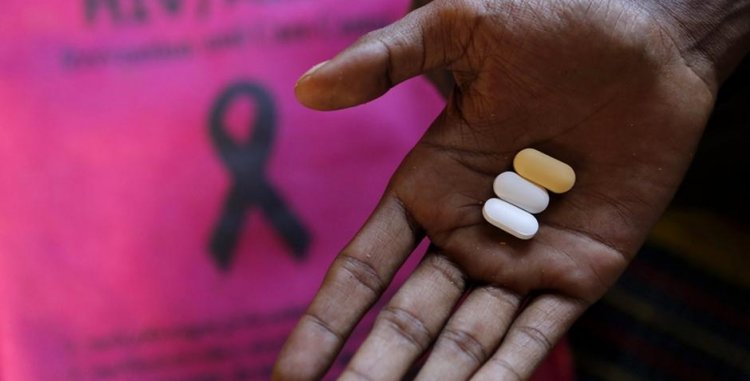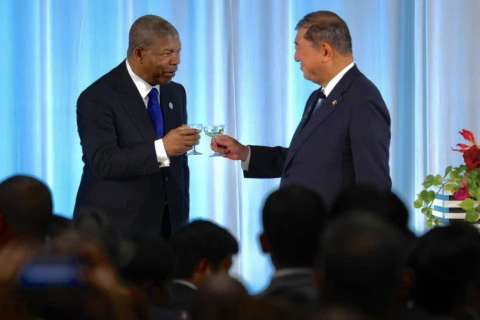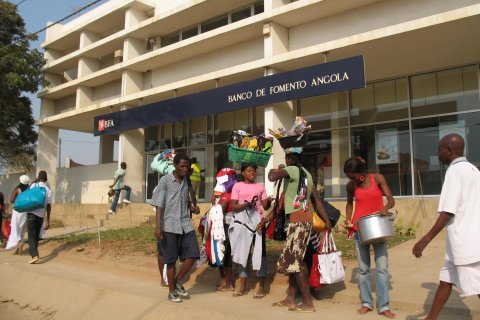The information was released on Thursday by the president of the Angola Network of AIDS Services Organisations (ANASO), António Coelho, who denied, however, the existence of a stock out of antiretroviral drugs in the country.
According to Coelho, of the 93 thousand people who are undergoing antiretroviral therapy in the country, about 60 percent live in Luanda, stressing also that, in what concerns medicine availability, the country has the capacity to cover the needs of patients for a period of six months.
"The country has, at this moment, supply and availability, but is having serious problems from the point of view of the distribution chain, on the one hand, and, on the other hand, from the point of view of information sharing and knowledge, in relation to management and distribution," he stressed.
António Coelho underlined that, as of the last fortnight of January, the country introduced a new scheme in the antiretroviral treatment for first-line patients, which implies the use of Dolutegravir, "which is a lighter drug, softer, without many side effects and above all with greater efficacy".
The president of ANASO pointed out that this process started in a first phase in 30 of the 90 health units of Luanda and should evolve, in the next few days, to the provinces of Benguela and Huambo.
In this sense, the health authorities are orienting these units to use the new scheme.
"Unfortunately, the communication is not going through in a correct way and for that reason there are units that stopped giving the old scheme, but, on the other hand, they are not giving the new one, because they haven't received it yet and those that have received it, still don't understand the process well and are having some difficulty", he indicated.
António Coelho reiterated that this is a transition phase, so it is necessary that people are "correctly informed and clarified about this new process, about this new change, and, above all, that they are calm.
"We are talking about people who have been in this process for more than 10 years and the replacement is not always easy and does not always take place in a peaceful manner, for this reason we appeal to the competent authorities to provide greater clarification to the population that benefits from this treatment in relation to this transition phase," he urged.
On the other hand, he also considered important that, in a first phase, the beneficiaries take the medication for a period no longer than 15 or 20 days, so that afterwards the authorities can understand if people are adapting positively to the new treatment or if there are side effects that should be quickly corrected.
The health activist reiterated that there is no disruption of antiretrovirals in the country, but only this transition, in which the switch from one scheme to another is being made.
"And at this moment, the health units have been recommended to provide the due clarifications to the beneficiaries, and we ask them to return quickly to the health units, to benefit from this process, because we are not in a situation of rupture, but of lack of information regarding the process we are experiencing," he stressed.
The antiretrovirals that the country has at this time were purchased 60 percent by the State and the remaining 40 percent by the Global Fund.







